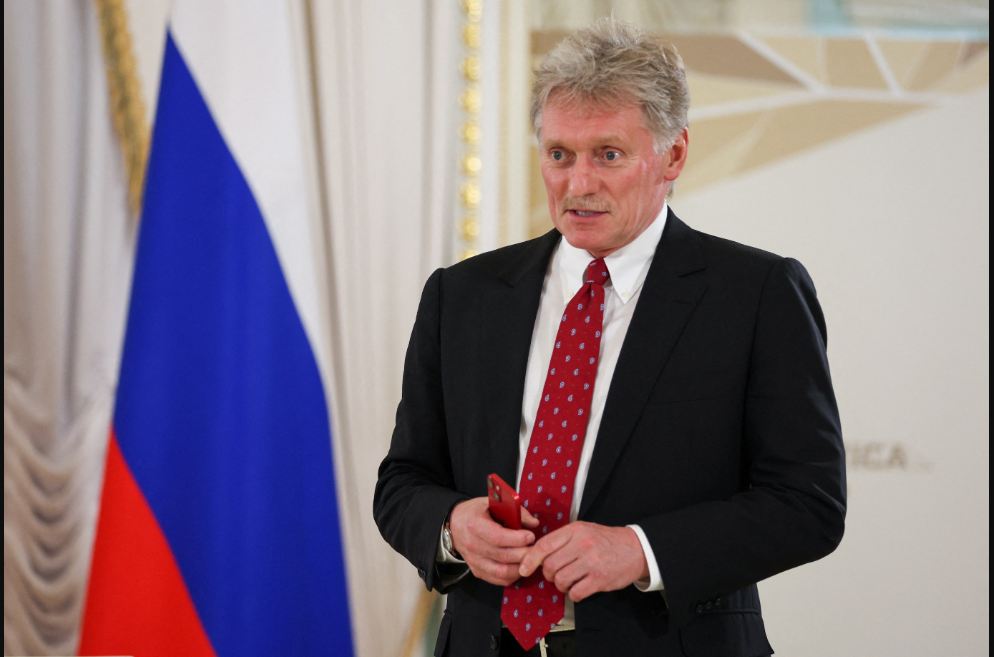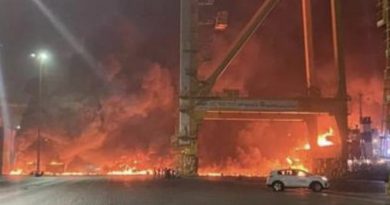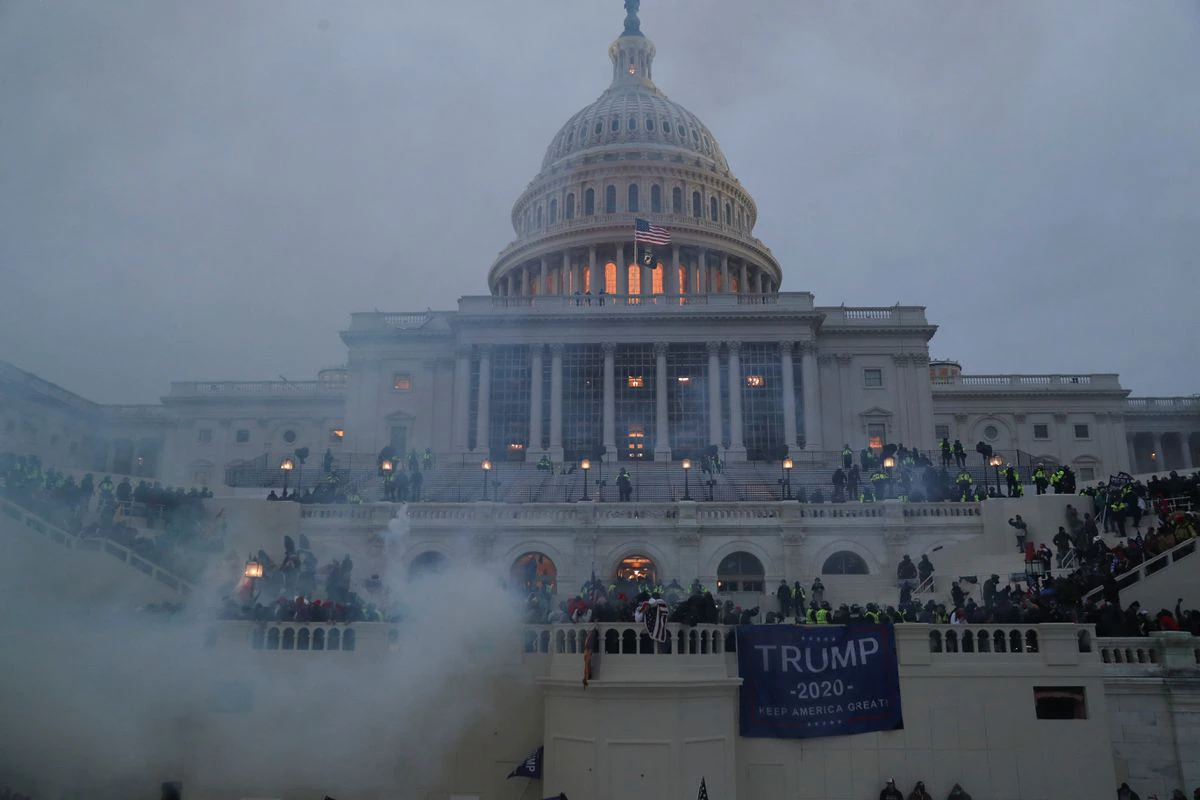Kremlin says it hopes for a new Putin-Trump summit
Moscow – The Kremlin said it remained hopeful that another summit between Russian President Vladimir Putin and U.S. President Donald Trump could take place once both sides complete the necessary groundwork.
Officials in Moscow described the potential meeting as an important step for future dialogue, noting that preparations for such high-level talks always require careful planning and agreement on the overall agenda.
Putin and Trump last met in August during a summit in Alaska, where both leaders discussed possible pathways toward ending the conflict in Ukraine and examined areas where cooperation might still be possible.
The meeting was viewed as a rare moment of direct engagement between the two governments, and the Kremlin has continued to signal interest in resuming talks whenever conditions allow.
Plans for another summit in Budapest were announced last month, but Trump later cancelled the event, saying that the timing did not feel appropriate and that more work was needed before moving forward.
When asked whether Moscow believed a significant opportunity had been missed, Kremlin spokesperson Dmitry Peskov said it was difficult to predict when the right conditions would reappear, though Russia hoped they would come sooner rather than later.
He emphasized that both governments agreed a summit should not take place until there is adequate preparation to ensure productive outcomes and avoid misunderstandings.
Peskov noted that Russia remained open to diplomatic engagement, but stressed that complex issues such as security guarantees and sanctions require sustained effort before leaders meet face-to-face.
Trump has expressed mixed feelings about the process, saying that while conversations with Putin are often constructive, they rarely lead to concrete progress on major disputes such as Ukraine or energy policy.
Last month, Trump imposed Ukraine-related sanctions on Russia, targeting major energy companies including Rosneft and Lukoil, marking the first sanctions package he introduced in his second term.
The move signalled a shift in tone, and Moscow described the restrictions as harmful to bilateral relations, arguing that energy companies were being unfairly penalized for political reasons.
On Sunday, Trump said Republican lawmakers were drafting legislation that would impose penalties on any country conducting business with Russia, a proposal Moscow warned would be viewed very negatively.
Peskov said the Kremlin would monitor the bill’s progress closely, adding that Russia considered such measures a form of economic pressure that could disrupt global trade and create new tensions.
Russian officials said they still hoped diplomatic channels would remain open, even as disagreements over sanctions continue to complicate the broader relationship between the two countries.
Trump has also increased tariffs on several Indian goods, citing concerns over India’s purchases of Russian oil, a move Moscow criticized as unjustified and outside acceptable trade norms.
Analysts in Moscow say the Kremlin is trying to balance economic concerns with the desire to maintain dialogue, as Russia views direct communication between leaders as essential for reducing misunderstandings.
They also note that both governments face domestic pressures, which may explain the cautious approach to scheduling a new summit and the emphasis on completing technical preparations first.
Diplomatic advisers on both sides are expected to continue informal discussions to identify areas of potential agreement, particularly on issues such as energy, regional stability, and long-term security arrangements.
Despite the political challenges, Russian officials say they consider a future summit important for preserving channels of cooperation, even if expectations remain limited due to ongoing disagreements.
In Moscow, analysts believe that while progress may be slow, the possibility of renewed dialogue could help stabilize relations at a time of shifting global alliances and rising economic uncertainty.
The Kremlin continues to signal that it views direct communication as more effective than public disputes, and hopes a structured summit could reduce tensions and create space for diplomatic compromise.
Both sides have said they intend to keep discussions open, though neither government has yet indicated a firm date or location for the next meeting, leaving the timeline dependent on further developments.
For now, Moscow maintains that it is ready to proceed once preparations are complete, framing future talks as a potential step toward rebuilding a more predictable and stable relationship.



